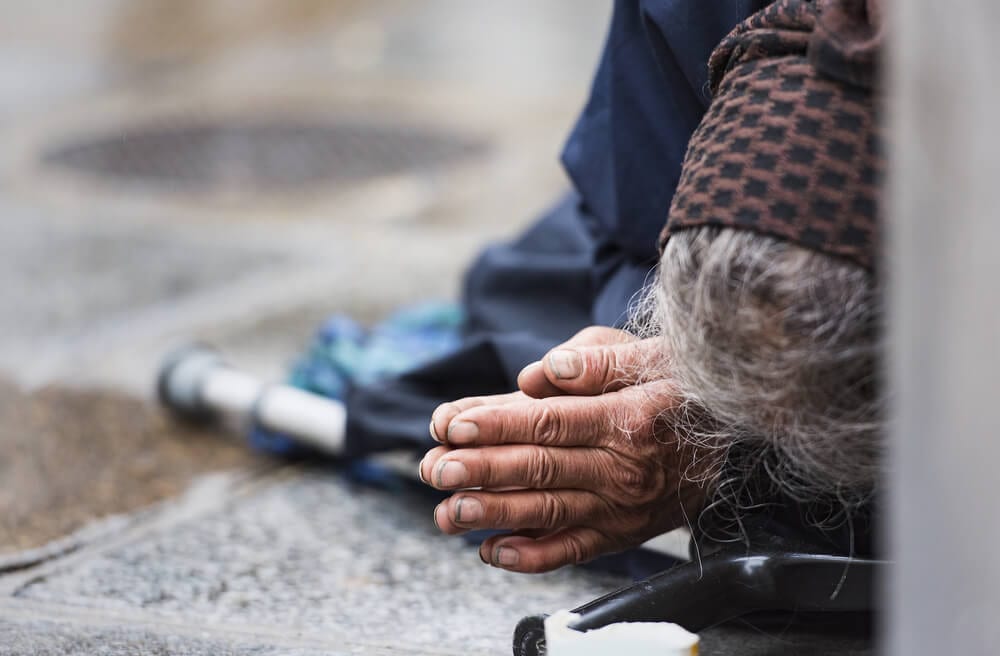- Joined
- Mar 6, 2019
- Messages
- 34,443
- Reaction score
- 34,765
- Location
- PNW
- Gender
- Male
- Political Leaning
- Other
The 1950s are considered by many the "halcyon days" of the United States. It was certainly not an era without warts, but it was as certainly the era that cemented our perception of modern "America". It was a "Boom" time in nearly every sense of the word. "Historians use the word “boom” to describe a lot of things about the 1950s: the booming economy, the booming suburbs and most of all the so-called “baby boom.”" (History) Many (if not most) of us are products of that last "boom" as "Boomers". It was certainly an era of optimism. We'd just survived one of the darkest periods of world history with a global economic Depression and a World War.
So what made that era so great, and how might that apply to today? What would things look like if this were the 1950s? What lessons could we apply?
Economically, we were in a growth spurt. We were building an interstate highway system and housing for millions in vast "suburbs". That infrastructure now needs a massive overhaul and updating. Culturally, we were surprisingly homogenous. There were three major television stations we all watched, and nearly every town had two newspapers representing the yin and yang of political discourse. We went to the same hit movies together, watched the same television shows. Union membership hit its peak, and prosperity reached nearly everyone proportionately (although not equally).
We had a common foreign enemy in communism and shared interests in institutions, like schools, the medical community and, shockingly, the Supreme Court. We all liked Ike (and Jack Kennedy even more). We were at peace and revered around the world as a nation. Equality was all the rage, though it sparked rage in some quarters, those were relatively small corners (which we forget). Veterans like my father, raised in a racist household, were appalled at the discrimination in the service and learned the value of cooperarion among diversity. That view was much more commonly held then than now believed. We pledged allegiance to the same flag and the values it represented.
Yes, the 50s had severe failures, but relatively speaking...? What can we learn and correct?
So what made that era so great, and how might that apply to today? What would things look like if this were the 1950s? What lessons could we apply?
Economically, we were in a growth spurt. We were building an interstate highway system and housing for millions in vast "suburbs". That infrastructure now needs a massive overhaul and updating. Culturally, we were surprisingly homogenous. There were three major television stations we all watched, and nearly every town had two newspapers representing the yin and yang of political discourse. We went to the same hit movies together, watched the same television shows. Union membership hit its peak, and prosperity reached nearly everyone proportionately (although not equally).
We had a common foreign enemy in communism and shared interests in institutions, like schools, the medical community and, shockingly, the Supreme Court. We all liked Ike (and Jack Kennedy even more). We were at peace and revered around the world as a nation. Equality was all the rage, though it sparked rage in some quarters, those were relatively small corners (which we forget). Veterans like my father, raised in a racist household, were appalled at the discrimination in the service and learned the value of cooperarion among diversity. That view was much more commonly held then than now believed. We pledged allegiance to the same flag and the values it represented.
Yes, the 50s had severe failures, but relatively speaking...? What can we learn and correct?

